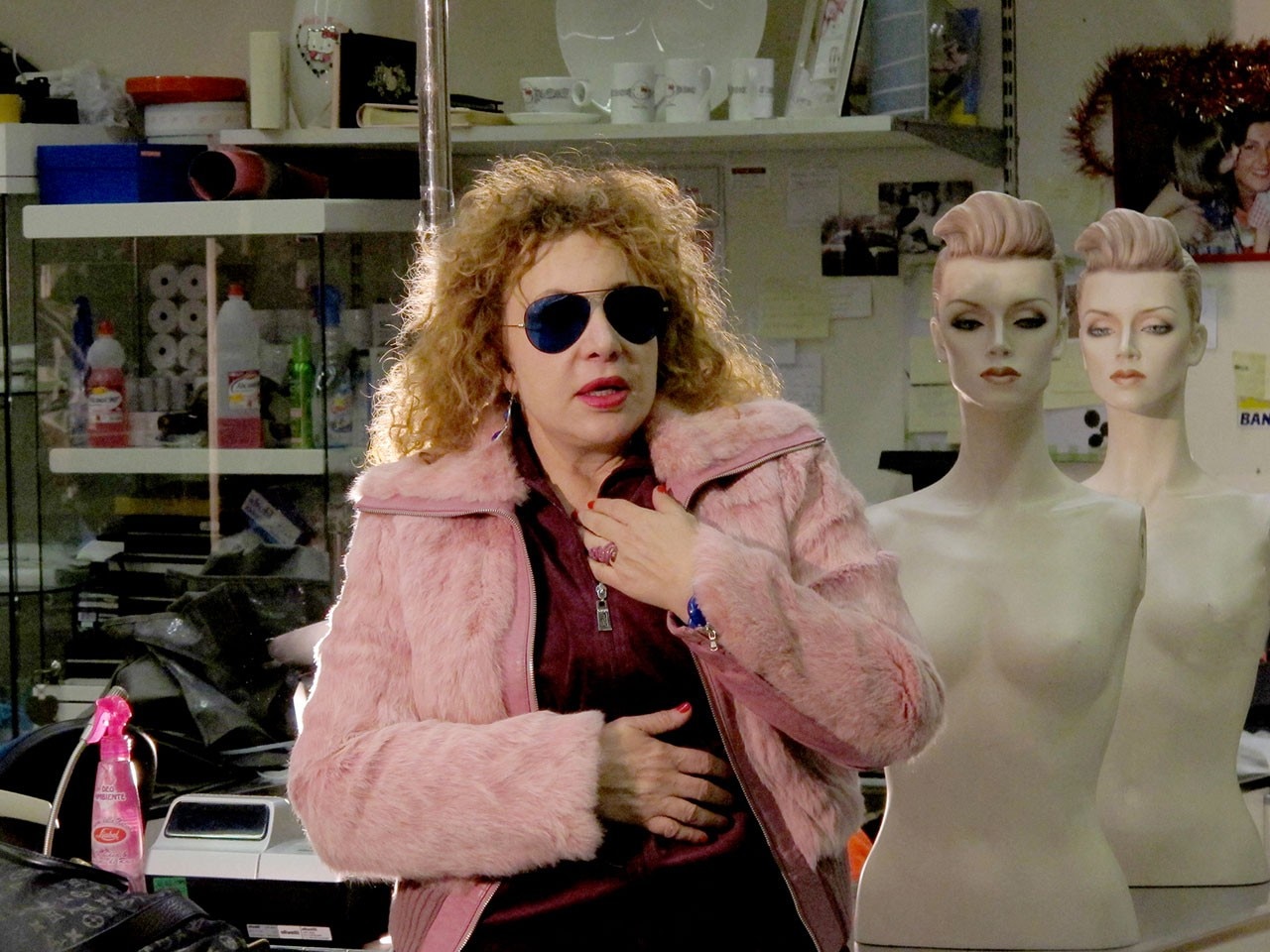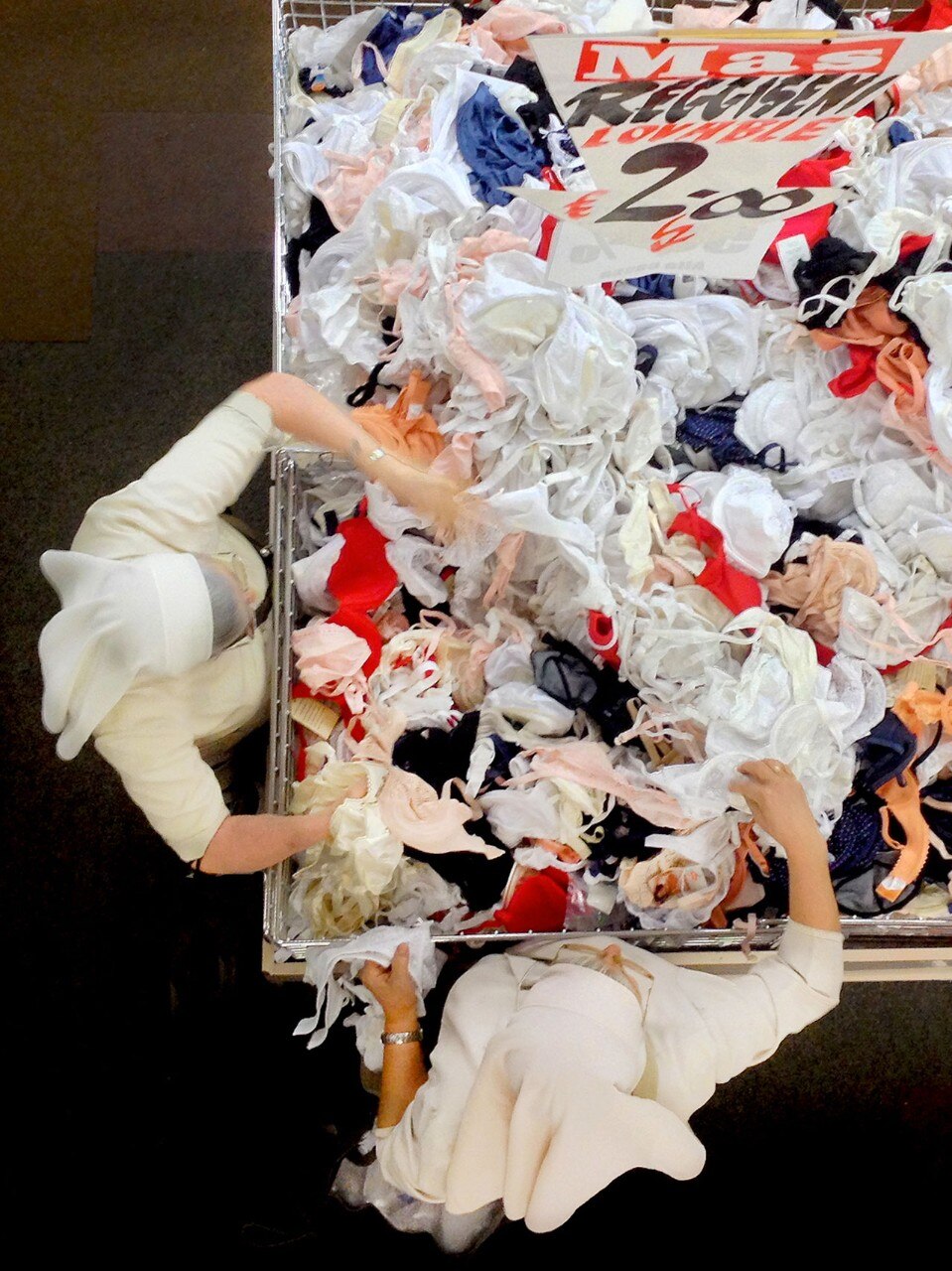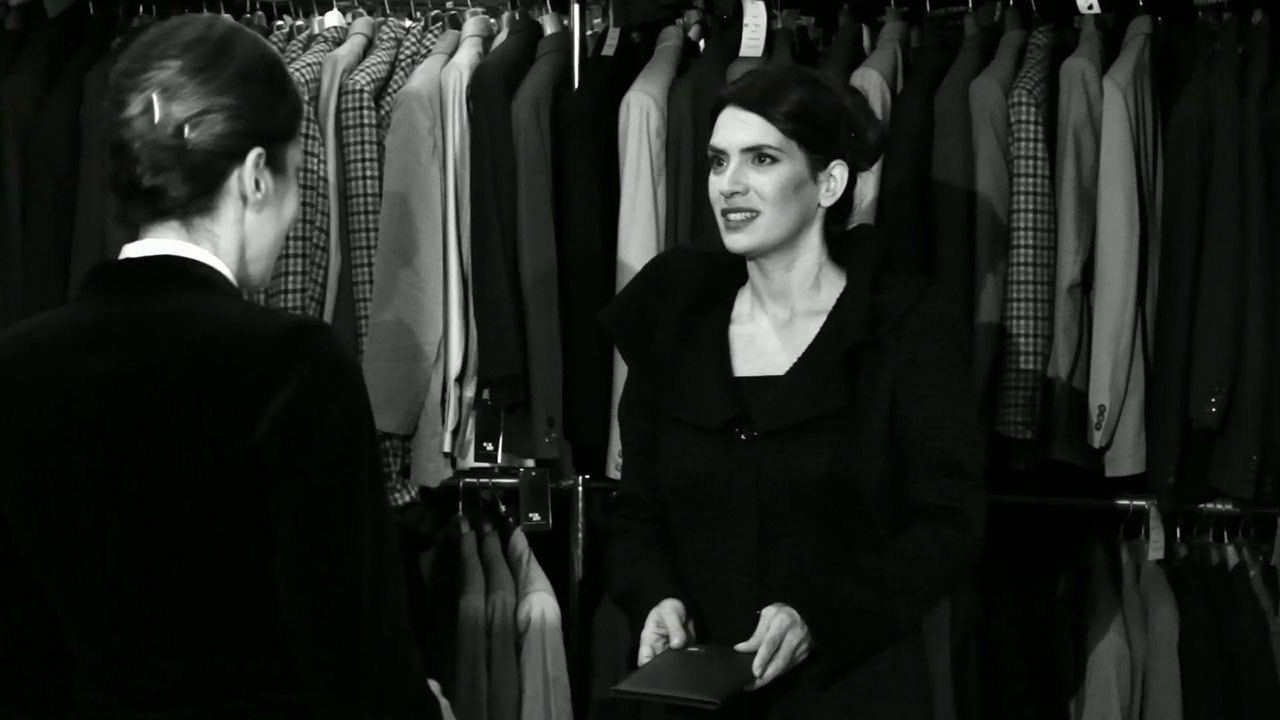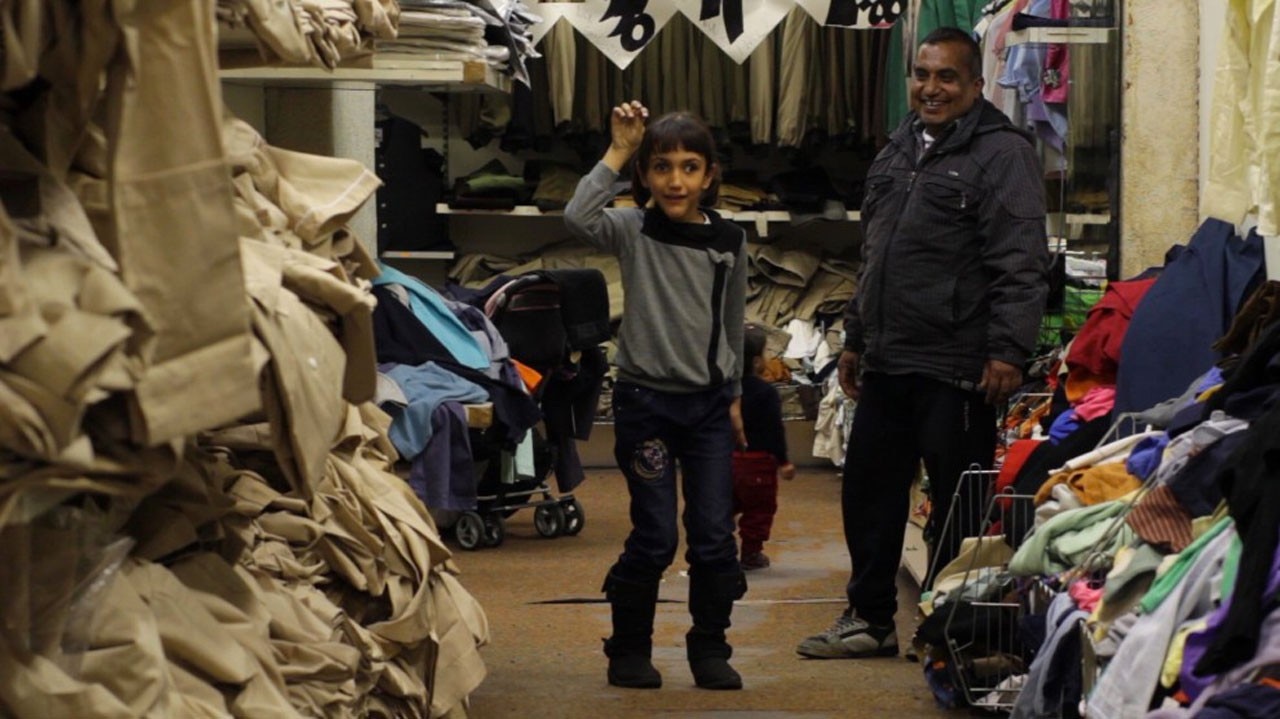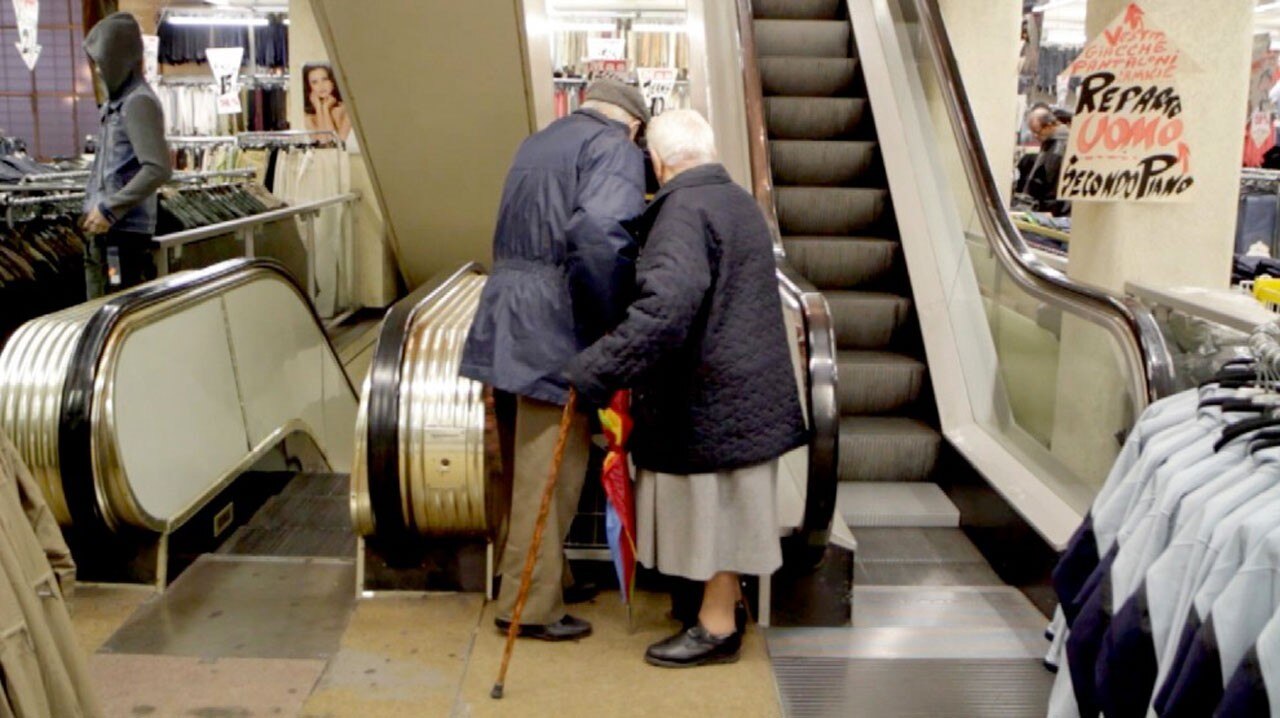MAS, “Magazzini allo Statuto” is a “people’s emporium”, more like a large market than a big store but also a cult destination, at risk of closing. Hence, the artist Rä di Martino decided to make a film on it: part documentary, part musical and slightly surreal.
